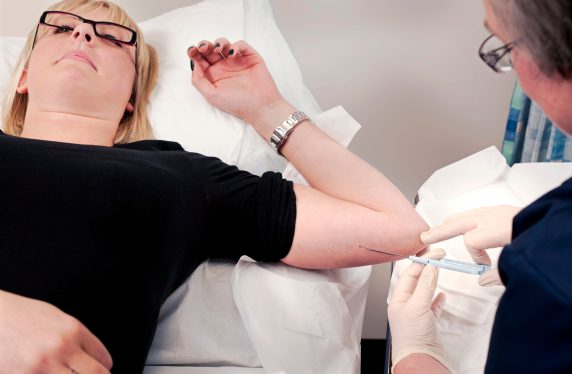Patients are finding it increasingly difficult to access sexual health services due to GPs retiring, a group of MPs has warned.
The Health and Social Care Committee, which carried out a review into sexual health services in England, found patients in some regions were unable to access contraception due to a lack of experienced GPs to carry out fittings or practices being reluctant to provide the service due to insufficient funding.
Patients searching for contraceptive services provided by GPs reported difficulties accessing different methods, particularly long-acting reversible contraception (LARC) – such as injections, implants and intrauterine devices – according to the review.
The committee’s report on its findings, published today, said this was often due to experience GPs retiring: ‘It was seen to be hard for smaller practices to get enough experience; lots of GPs with fitting experience were retiring and this was not seen as a priority by many practices.’
The RCGP told the committee it was concerned about the lack of training GPs receive in carrying out contraception fitting.
It provided an example from a GP in England: ‘With GP recruitment so difficult now, gone are the days when a new GP had to have sexual health qualifications.
‘Our last two appointments do not have sexual and reproductive health experience. I am the sole LARC fitter to a practice population of 11,500 and aim to retire in a few years’ time.’
The lack of funding for providing contraceptive fittings also meant it was not always worth GPs’ time, said the committee.
The report said: ‘Whilst local authorities pay for the contraceptive device itself, GPs feel that payment does not cover the full costs of providing the service as they are not always reimbursed for their time.’
Dr Sarah Wollaston, Health and Social Care Committee chair and MP from Change UK, said: ‘High-quality sexual health treatment should be accessible to all. However, it is clear that the current approach this country has to treatment varies massively depending on where you happen to live.
‘This is unfair and threatens the long-term health of individuals seeking a high-quality service and access to vital information on their sexual health.’
She added: ‘We need to develop a new, national strategy in order to tackle the very real threat of increased levels of poor sexual health and to support a workforce that delivers the best service possible, despite growing demands.
‘As part of the spending review, the Government must ensure sexual health funding is increased to levels which do not put people’s sexual and long-term health at risk.’
Last month, a study found changes to the 2013 Health and Social Care Act led to a drop in cervical screening uptake in some areas.
Pulse also revealed earlier this year that one in four GPs had been asked to provide public health services without payment.
Pulse July survey
Take our July 2025 survey to potentially win £1.000 worth of tokens












